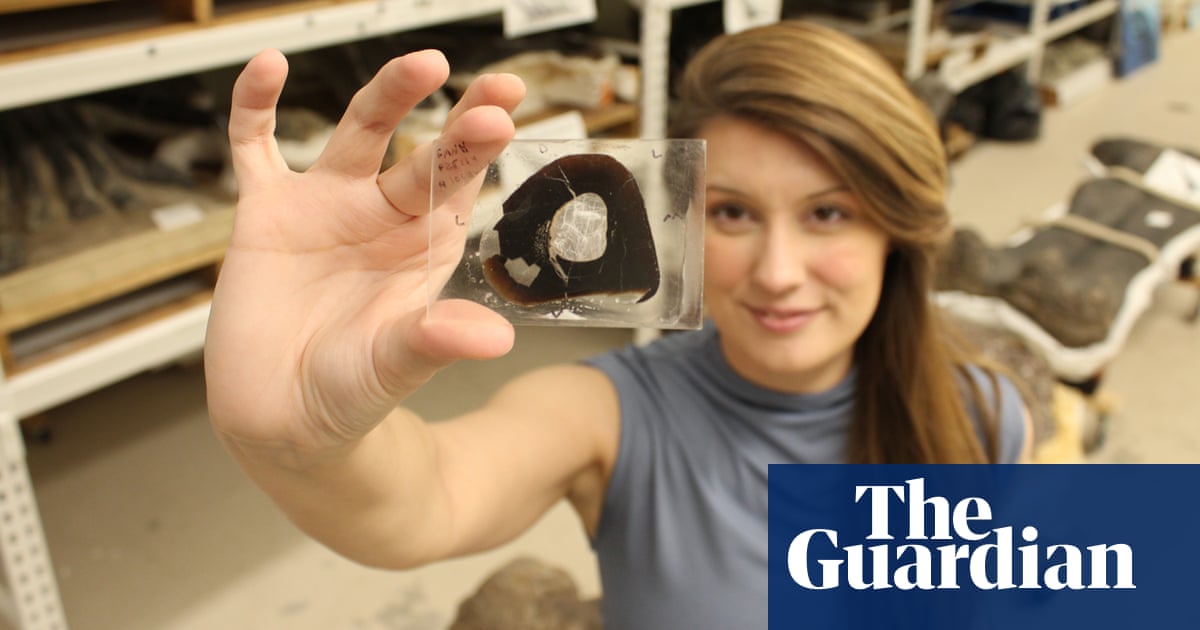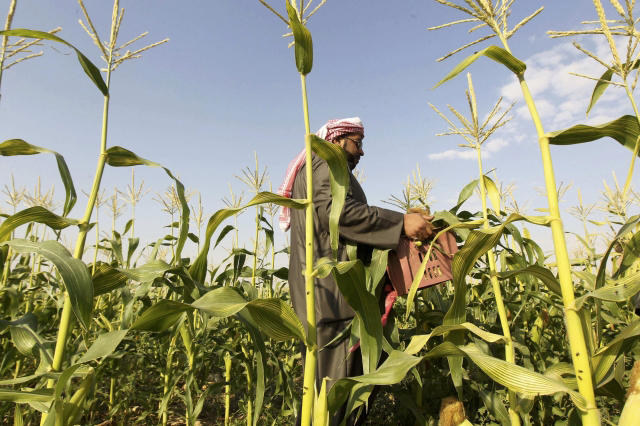
Investors seek regulatory environment that promotes innovations like plant-based alternatives and cellular agriculture
Saudi Prince Khaled bin Alwaleed bin Talal Al-Saud, founder and CEO at KBW Ventures, wants tech start-ups to solve the sustainability challenge
DUBAI: Lab-grown meat may sound like an unpalatable sci-fi concoction, but thanks to new innovations in cellular agriculture, combined with growing consumer demand for sustainable alternatives, test-tube T-bones could soon be on the menu.
Threats to global food systems and agriculture have come to the fore since the COVID-19 pandemic disrupted regional value chains, heightening awareness about the importance of public health and regulation of new scientific techniques.
For the Middle East in particular, the crisis has been a wake-up call for policymakers acutely aware they have fallen behind in the food sciences — a gap that Saudi Arabia and the UAE are now hopeful they can close.
“Food science is definitely something that’s missing here,” Prince Khaled bin Alwaleed bin Talal Al-Saud, founder and CEO of KBW Ventures, said during a recent virtual panel discussion on “The Future of Food: New Tastes, New Priorities, New Technologies.”
“We’ve voiced it a bunch of times and we are actually working with the UAE government to establish some sort of ecosystem to develop that.”
The panel discussion, organized as part of Abu Dhabi Sustainability Week (Jan. 18-21), examined how the world’s food needs have evolved over recent decades from hunger prevention to tackling obesity, and how they must adapt to face new realities.
“Fifty years ago, food science was created for food safety. It was not created for food health,” Gabrielle Rubenstein, co-founder and chief executive of the US private equity firm Manna Tree, told the panel.
“They were just trying to feed the world and mass produce, but we didn’t know that it would cause cancer or obesity.”
Today, the cost of treating chronic diseases caused by obesity in the US is equivalent to roughly 9 percent of its gross domestic product (GDP), while 70 percent of deaths are caused by lifestyles linked to poor diet.
Solutions could lie in the new scientific innovations led by start-ups. The missing ingredient, according to Rubenstein, is scalability. “This is something that we all need to work on together,” she said. “The only way we can do that is by scaling innovation knowledge and research. It’s not necessarily about getting food into the hands of the country — what’s totally missing is knowledge in innovation.”
Universities in the UAE, for instance, currently do not offer PhDs in food science, leaving regional startups whose goal is to create the foods of the future at a disadvantage. Rubenstein’s company wants to change that. “Let’s take our scholar model and give this to you so that the next generation are food scientists,” she said.]
One interesting takeaway from the pandemic is the shift in consumer preferences towards healthier and more sustainably produced food. Experts believe technology and regulations will have to adapt quickly to respond to these changing demands.
“We are going through what is probably the most challenging time we have gone through in the last 20 years,” Prince Khaled said. “And from my point of view, it is the most important thing that has happened to us because it has shifted people’s attention towards what their priorities are.”
Responding to these new demands, retailers are already allocating more shelf space to the likes of Beyond Meat, Impossible Foods and other plant-based alternatives as shoppers cut back on animal products.
FASTFACT
Cultured cells
*Singapore became the first country in the world in Dec. 2020 to approve a commercial meat product made from cultured animal cells for human consumption.
Scientists have gone a step further, exploring the revolutionary possibilities of cellular agriculture — the production of proteins, fats and tissues using lab-grown cell cultures that would otherwise have come from the slaughterhouse.
In Dec. 2020, San Francisco-based alternative protein company Eat Just announced its cultured chicken product has been approved for sale in Singapore — the first time a commercial meat product made from cultured animal cells has been approved for human consumption.
“I hail Singapore for the enormous courage that it took to just start regulating cellular agriculture,” Prince Khaled said. “This didn’t happen coincidentally during this pandemic. We’ve seen a lot of the issues that this current pandemic has driven towards; it has opened people’s eyes to the zoonotic diseases that are out there.”
High concentrations of livestock are potential breeding grounds for epidemics. Indeed, scientists believe the coronavirus responsible for the COVID-19 pandemic originated in animals sold at a wet market in the Chinese city of Wuhan before making the jump to humans.
Experts believe moving away from the mass farming of meat, eggs and dairy could not only reduce the risk of future zoonotic outbreaks but also reduce pressure on the environment.
Prince Khaled wants to see companies working in cellular agriculture and plant-based proteins demonstrate how they can address food and land scarcity. “Now’s the time to actually find solutions,” he said.
With an estimated 9.7 billion people to feed by 2050, companies involved in these projects will have to play a role in the drafting of regulations. Much will also depend on what governments choose to subsidize.
“At the end of the day, the future is definitely going to be solved through people like these panelists — people who have the money, the backing and the investors to do it,” Prince Khaled said.
“But, more importantly, it’s a match made in heaven when you have the entrepreneurs who share that vision with you. We invested in a company that ships organic seeds to people to grow in-house. These aren’t going to solve world problems or world hunger, but collectively, that’s the only real way we’re going to be able to do something about this.”
The regulatory environment will have to move with the times to ensure a smooth transition. Singapore is currently leading the way, with its food agency working closely with start-ups.
“I’m from California and I’ve been in Singapore for a few years, but I’ve never seen anything like it,” said Max Rye, chief strategist at TurtleTree Labs, a Singapore-based biotech company founded in 2019 with the aim of producing lab-grown dairy products.
“We meet with the agency on a very regular basis. They ask questions about how we can work together to get our products to the market, and that’s not what I’m used to hearing,” he said.
By contrast, in the US much of that discussion would revolve around food safety and toxicology, he said.
“If there was any recommendation, it would be just to work much closer with your startups,” Rye said. “These types of companies are trying to solve the much bigger problems around climate change among (issues).”
KBW Ventures recently increased its investment in TurtleTree Labs and Prince Khaled has joined the firm as an official adviser. He also holds investments in the California-based company Beyond Meat.
Prince Khaled agrees that a nourishing environment from a regulatory standpoint will be crucial.
“The thing that struck me with Singapore is that this is a breakthrough when it comes to regulatory approvals,” he said. “I’m really hopeful the US, and the Middle East, will follow suit.”












